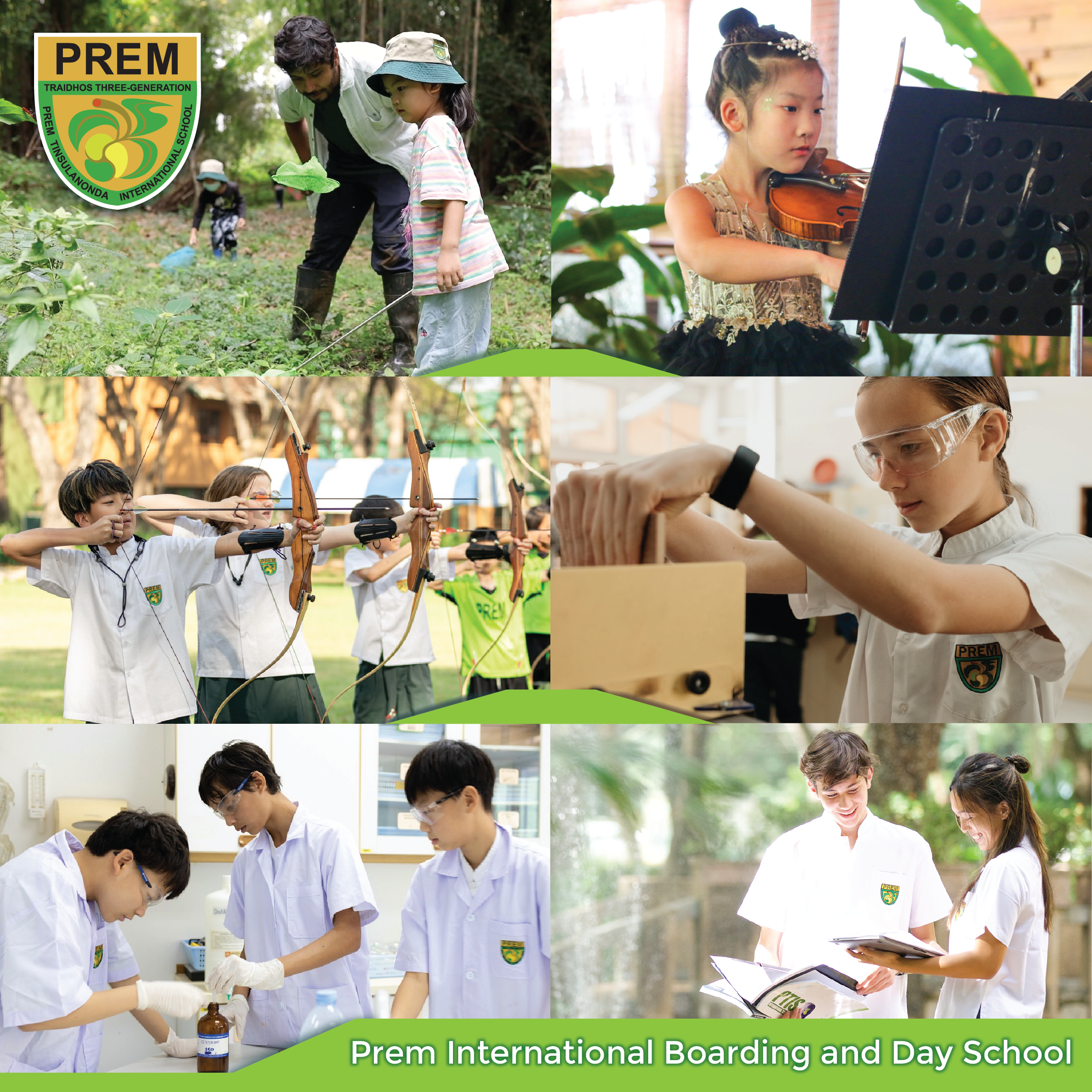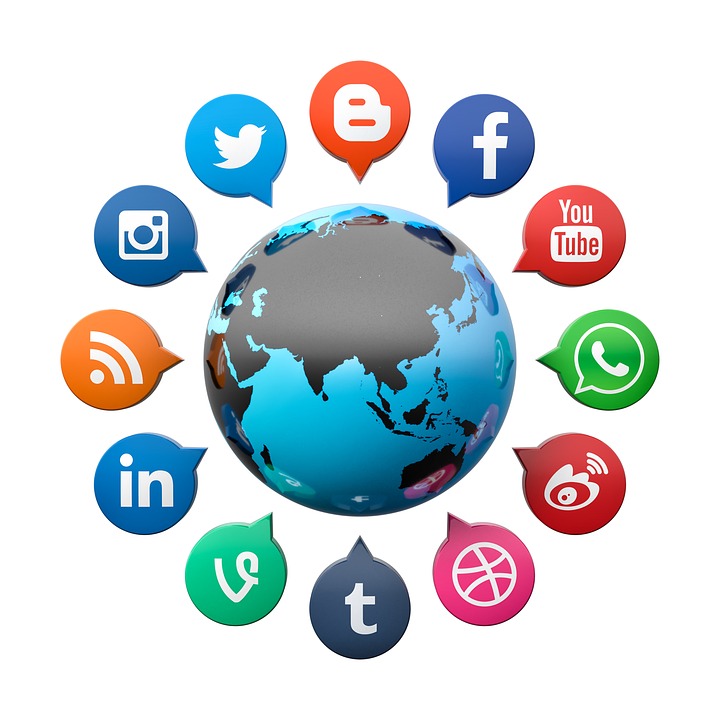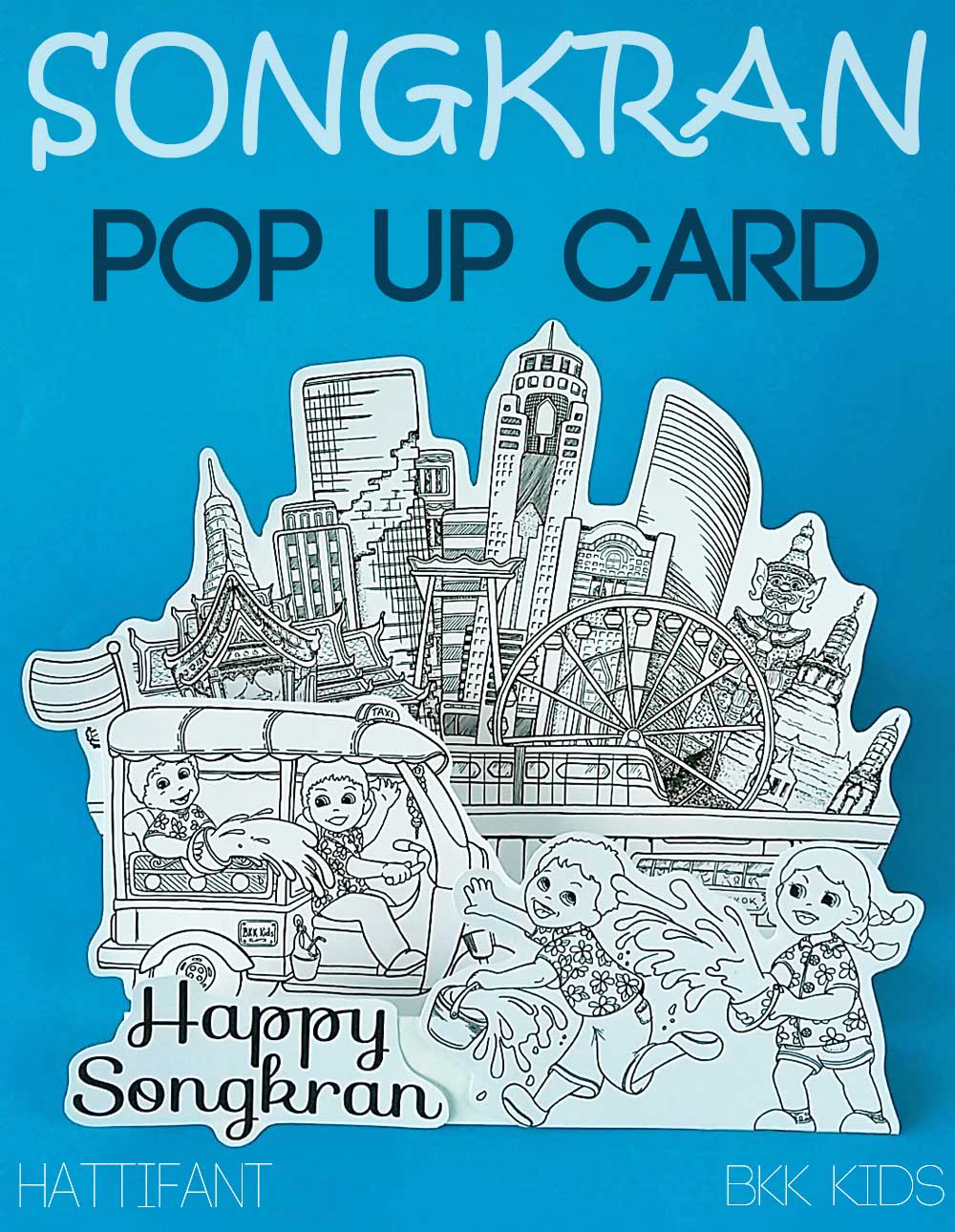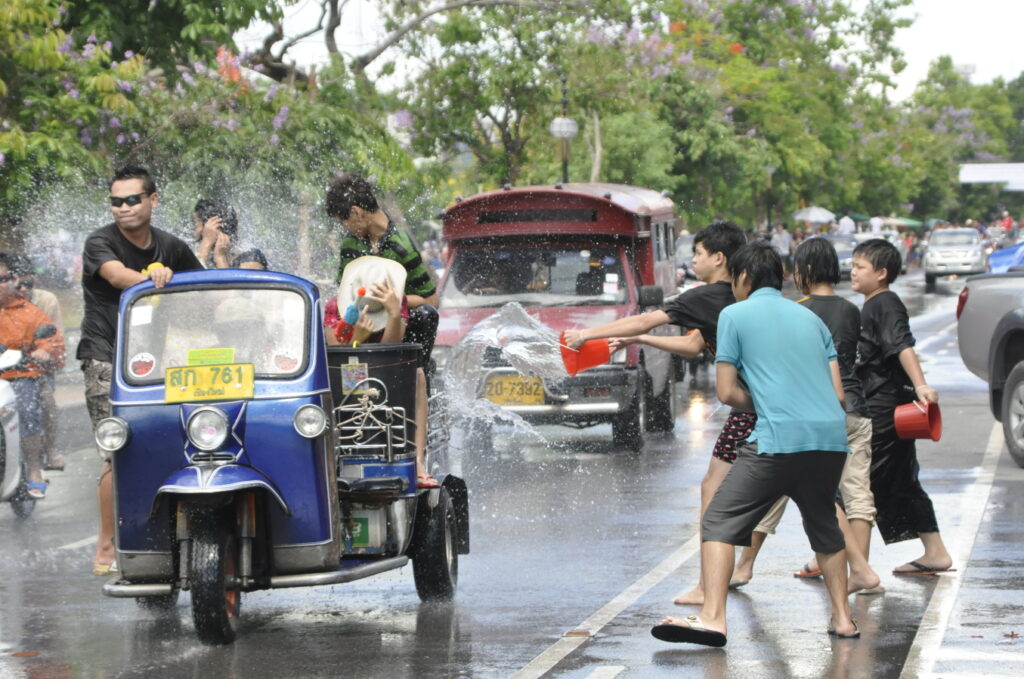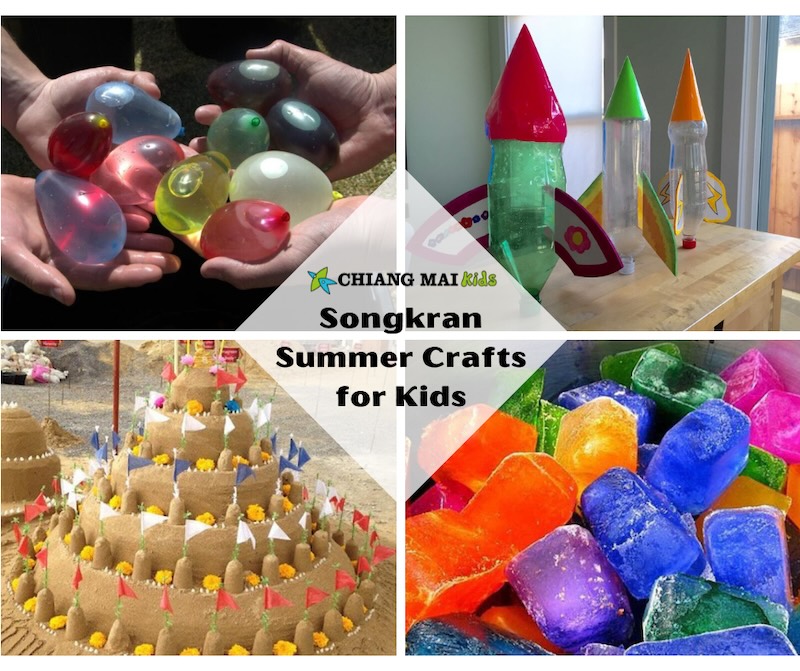Anyone able to access this article will be familiar with the term ‘social media’. These two words seem to instill fear in most parents and arouse their protective instincts for their not-so-helpless child. With scores of videos and articles feeding us information about how social media is changing our brains, how social media is promoting narcissism amongst the future generations or how it’s increasing suicide rates amongst teenagers, I cannot argue the science nor the statistics; however, I can share my views on how useful social media is and discuss whether I think it’s doing more harm than good.
Most of us are so used to social media we forget that one of its main benefits is the spreading of ideas and education. If you were to ask a child to show you their role model, they would almost certainly open a YouTube, Instagram, Facebook or Twitter page. With social media, we have access to the achievement of so many groups, people and organisations in real time. Pages such as Billionsinchange, Vodka for Dog People and Charity Water are all pages that show people making a difference in the world. By limiting a child’s social media exposure, you are confining them to a limited world of school and family. For children to grow into truly unique individuals, which are in short supply, we should let them explore what’s out there.
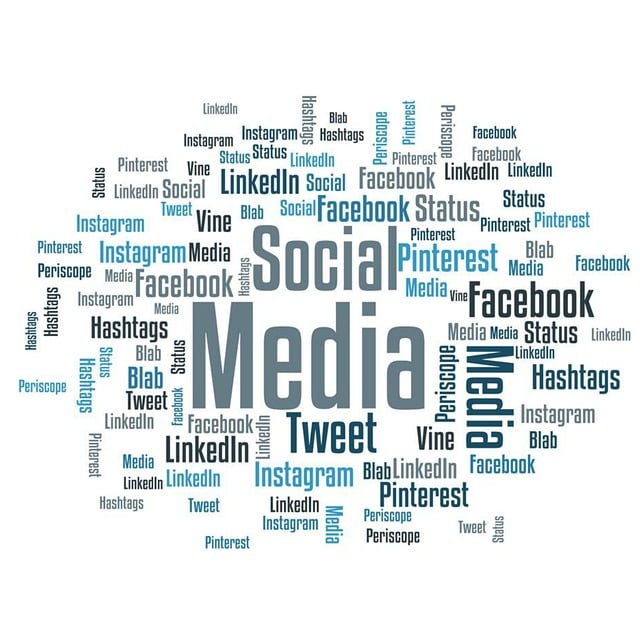
Another beauty of social media is how widely it connects us. As a teenager at an international school in Bangkok, I have friends in almost every continent in the world (Antarctica being the exception!). These contacts are really useful; for example, I ask my friend in Quebec for help with French grammar and in return I help her with English. My friend had a history lesson in which his teacher got in touch with a colleague from a school in Texas and through social media she now has friends in America. Social media gives us awareness and an insight into people’s lives from all walks of life. My father, like most people his age, grew up without this and is quite grateful that I’m growing up differently.
Nonetheless, there are some downsides. Although social media can be a gateway to awe-inspiring content, it can also be quite poisonous. At an age where one’s outlook towards the world is evolving, it is easy to be influenced by ideas that can lead one awry. Furthermore, watching all these people, many who are teenagers themselves, influence and shape the world can make one feel useless and insignificant. Not to say that people didn’t feel like this before social media but these feelings play a much more significant role now.
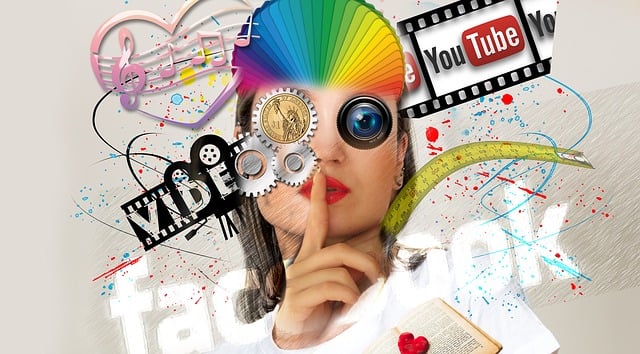
In addition to this, any avid social media user will know the feeling of extreme loneliness that comes slithering in when we see our friends, or even strangers, enjoying a social event whilst we aren’t – even if we just came home from something similar. In today’s society, it’s easy to feel like we aren’t enough and sadly, social media usually heightens that feeling.
While the above may be enough to persuade some to try to remove social media from their children’s lives, it is worth remembering though that, although I described these factors as poisonous, they are not venomous. The difference being that poisons work when we put them inside our bodies, venoms are injected into us. What I mean is that it isn’t too difficult to block out most, if not all, of the above-mentioned threats and indulge almost fully in only the rewards of social media. Whether your child reaps the benefits or is harmed by social media really depends on how they use it.
Editor’s Note: Navraj Singh is a Year 12 student at Bangkok Patana School.


